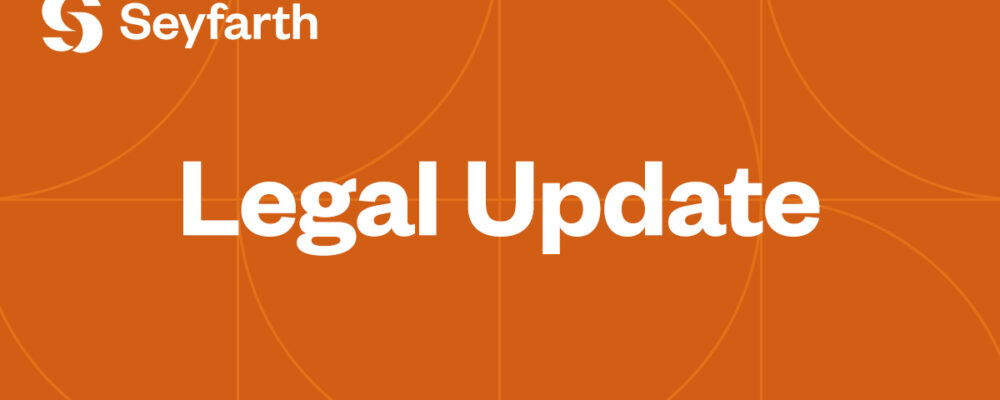By: Paul Galligan
On November 4, 2024, Mayor Adams signed Intro 0991-2024, also known as the Safe Hotels Act. The Act will become effective 180 days after November 4th. Initially proposed at the NYC Assembly in July 2024, the Safe Hotels Act created a lot of controversy with several hotel associations opposed to it, particularly because of the requirement that hotels in NYC directly employ hotel employees in “core” parts of the business, specifically Housekeeping and Front Desk functions.
The other key provisions contained in the Act include requirements that hotels be licensed (renewable every two years), that all hotel employees who enter guest rooms be provided with a panic button, and that hotels provide continuous employee coverage when guests are registered at the hotel. The Act also requires daily room cleaning unless the guest explicitly declines it.
The ban on subcontracting was justified by Assemblyperson Julie Menin and other Assembly sponsors and the politically connected Hotel and Gaming Trades Council (“HTC”) on the basis that employees of subcontractors are frequently exploited. The Hotel Association of New York initially opposed the legislation, but ended up supporting the Act after the Assembly excluded hotels that employed less than 100 employees from the direct employment requirements of the Act.
There remains strong opposition to the Act from the NYC Minority Hotel Association, the American Hotel and Lodging Association and the Asian American Hotel Owners Association. Those associations maintain that this Act unnecessarily increases costs to smaller and family run hotels. They also believe the licensing requirement is unnecessary because hotels already have to be licensed through tax ID and Certificate of Occupancy requirements. The Act will be enforced by the Department of Consumer and Worker Protection (“DCWP”) and there is concern that the Act contains a broad enforcement mandate for the DCWP, which includes the Commissioner’s ability to deny license renewal and impose civil penalties. The DCWP is also required to issue regulations to monitor compliance with the Act.
However, the most contentious part of the Act is the direct employment requirement for Front Desk and Housekeeping functions. According to the associations that condemn the Act, this will add significant cost to the operation of hotels and does not seem to have a direct connection to the safety improvements highlighted by the politicians that support the Act. The elephant in the room is that the requiring all hotels in NYC with over 100 rooms to directly employ all Front Desk and Housekeeping employees not only adds significant cost and reduces market value, but also makes it easier for the HTC to organize non-union hotels.
Notably, the requirements of the Act are waived if the hotel is covered by a collective bargaining agreement that “expressly incorporates” the requirements of the Act. The Industry Wide Agreement (“IWA”), the collective bargaining agreement the HTC has with the Hotel Association of New York, covers most of the large hotels and hotel chains operating in NYC. In 2020, the HTC backed Local Law 99, known as the Displaced Hotel Service Workers Act which requires purchasers or transferees of hotels (or concessions within the hotel) to offer employment to all hotel workers employed by the seller and to employ the workers for a period of 90 days after the sale or transfer of the hotel at the terms and conditions established by the transferor. Our blog on the Local Law can be found here. Local Law 99 also contained an exemption for hotels covered by a collective bargaining agreement. This Law has also altered the business landscape for non-union hotels in NYC, their lenders and financial backers.
“With approximately 900 lawyers across 17 offices, Seyfarth Shaw LLP provides advisory, litigation, and transactional legal services to clients worldwide.”
Please visit the firm link to site






